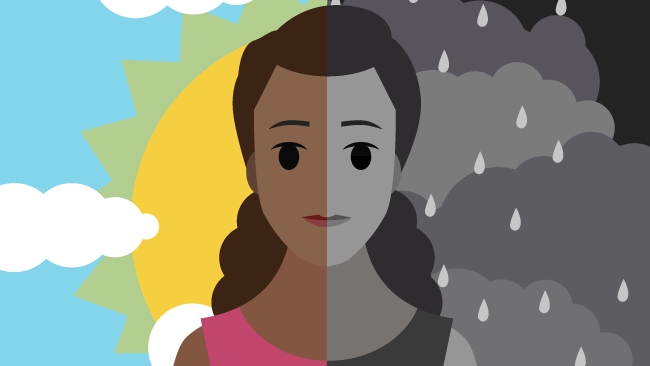It’s not simple to cope with a dear one’s bipolar disorder. This article will assist you in navigating the difficulties and providing assistance to your friend or family member.
It’s tricky to handle the highs and lows of bipolar conditions, and it’s not only for the individual who has it. Everyone around a person with bipolar disorder is affected by their emotions and behaviours, especially family members and close friends. It might put a strain on your relationship and cause chaos in your home.
You may have to deal with risky behaviour, excessive demands, explosive outbursts, and unwise judgments during a manic episode. And once the whirlwind of insanity has passed, it’s usually up to you to deal with the fallout. You might have to pick up the slack for a loved one who doesn’t have the stamina to meet tasks at home or work during depressive periods.
The best part is that with adequate care, medication, and assistance, most people with bipolar disorder can stabilise their moods. Your patience, compassion, and compassion can go a long way toward helping your loved one get better.Having someone to talk to can often make a huge difference in a person’s outlook and motivation.
However, if you disregard your own needs when caring for someone with bipolar disorder, it’s crucial to strike a balance between assisting your loved one and taking care of yourself.
Living with someone who suffers from bipolar disorder can lead to a lot of strain in the family. Family members often suffer from feelings of shame, dread, resentment, and powerlessness in addition to coping with their loved one’s conditions and their repercussions. In the end, the strain might lead to major relationship issues. There are, however, better ways to deal. As reported by
Families must first learn to embrace the condition and its challenges before they can effectively deal with bipolar illness. Consider that bipolar disorder isn’t your problem when you’re upset or feeling guilty. Accepting bipolar disorder means admitting that things may never be “normal” again.
Source – helpguide.org


